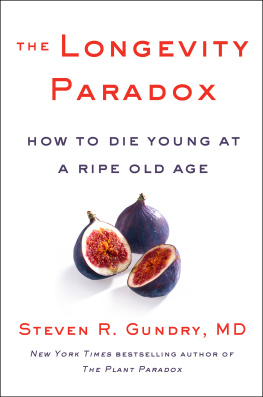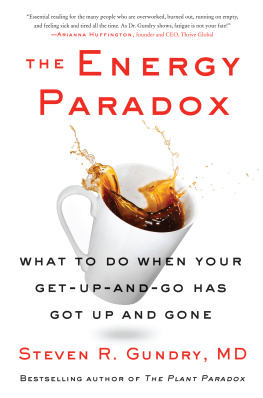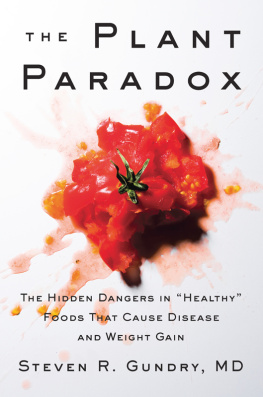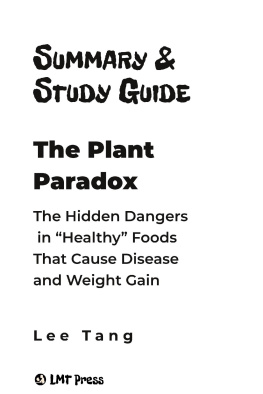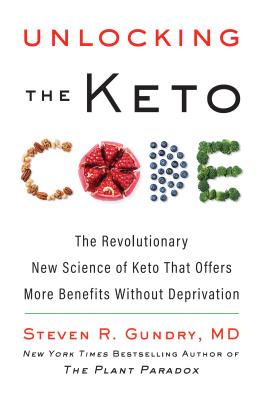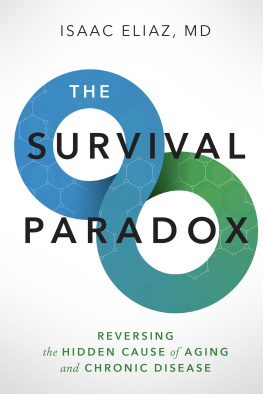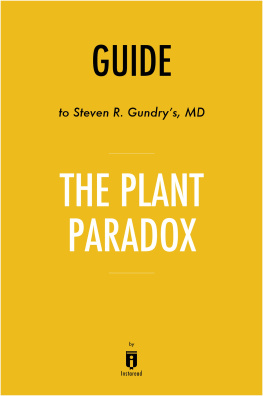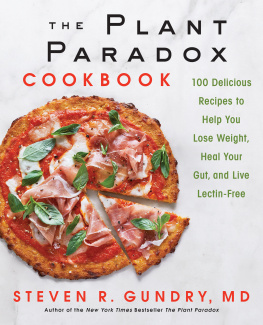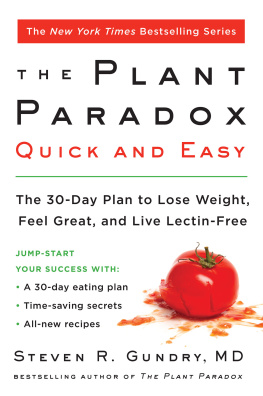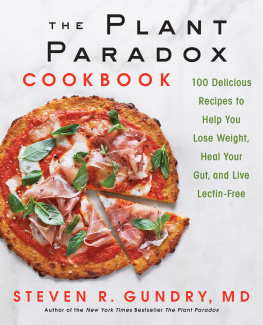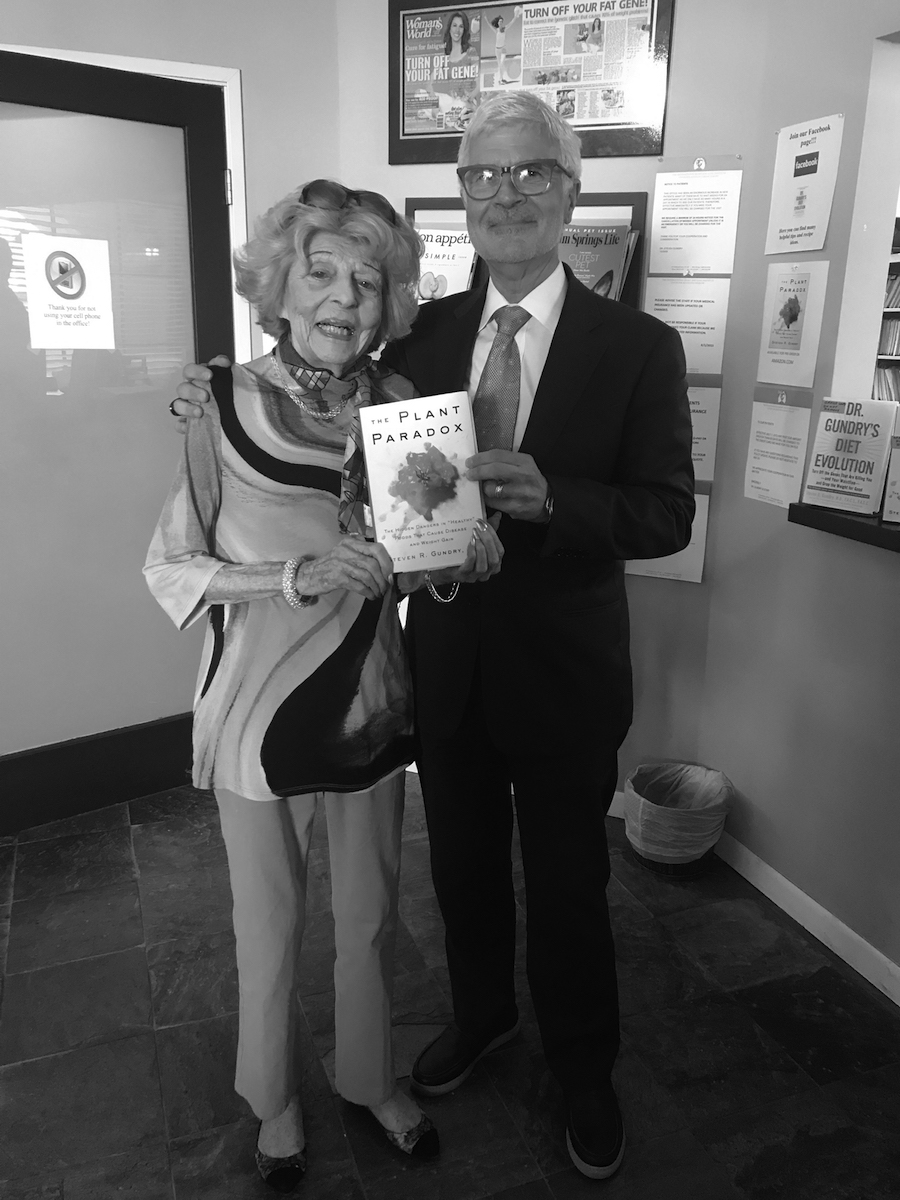Contents
To Edith Morrey, aka Michelle in all my books
May 5, 1912April 15, 2018
Thank you for showing me and all readers of this book how to die young at a ripe old age.
You continue to inspire me daily.
As I was writing this book, Edith Morrey, whom I identified in all of my previous books as Michelle, passed quickly and peacefully onward just two weeks shy of her 106th birthday. I first met Edith shortly after I moved my practice from Loma Linda University to Palm Springs, California. When she walked into my examination room, I encountered a thin, tall, erect, beautiful woman with a gorgeous head of hair who was dressed to the nines. To my eyes, she appeared to be about 65 years old. But a quick glance at the chart started my hands shaking. Forget 65 or 75 or even 85. She was in her nineties! The woman standing before me in three-inch heels (I kid you not) appeared shockingly young, yet her chart revealed that she was, in fact, quite old.
In Loma Linda, Californiaone of the worlds best-known Blue ZonesI had encountered many healthy centenarians. Nevertheless, I was singularly unprepared to meet Edith. She exemplified a seeming paradox: chronological old age wrapped up in an implausibly youthful, vital physical form.
Edith told me she had attended one of my recent speaking engagements and that I reminded her of someone else shed heard speak about nutrition more than seventy years ago, when she was just 20 years old. That person was the nutritionist Gayelord Hauser, whose advice shed been following to the letter ever since. Shed bought and read each of his books, adopted his dietary protocol, and stuck to her guns even when her husbands (she buried two in her time, including one who was a doctor) had told her she was crazy. After a lifetime of following Hausers advice, she was still fit as a fiddle.
I couldnt believe my good fortune in meeting her. I peppered her with questions, wanting to know more about what exactly shed learned from Hauser and how shed maintained her health and vitality for so many years. Though I became her doctor and remained so until the day she passed, I can say for certain that I learned more from her than she learned from me. She showed me that the longevity paradox Id imaginedthe ability to die young at a ripe old agewas indeed a possibility that was available to us all.
As I gained more insight into Ediths (and, by extension, Hausers) nutritional practices, I took a deep dive into the research of longevity and discovered another paradox that defines agingthat nonhuman ancient genes actually have the power to keep us young. How is this possible? Buckle upwere about to embark on quite an adventure.
In ThePlant Paradox, I asked you to hop into an imaginary time machine and take a journey with me back 450 million years, to a time when plants were the only life-forms on Earth. They ruled the land for about 90 million years until insects showed up and started eating them. That was a tough time for the plants, but they were not about to go down without a fight. Plants are amazing organisms that can transform sunlight into matter, a feat we have yet to master. They werent going to let a little thing like the sudden appearance of millions of tiny predators stop them from growing and reproducing, so they developed complex defense mechanisms to protect themselves. These included chemical compounds that poisoned, paralyzed, or entrapped their predators and others that made them sick or disoriented. In ThePlant Paradox, I argued that many of the health crises we humans are facing today are a result of unwittingly consuming those plant compounds. (If you havent read that book, dont worryits not a prerequisite to reading and understanding anything and everything that follows here!)
Now I want you to climb into a new time machine with me and go back even further, to a time long before even plants existed: about 3 billion years ago.
We would find ourselves in a vast empty space where the only living things are bacteria and other single cells that can grow and divide without oxygen. In fact, as hard as it is to believe, oxygen is often deadly to these single-celled organisms. As a prelude to something youll read more about later, these organisms could thrive on what we consider a toxic gas called hydrogen sulfide. But something important is happening in the atmosphere: oxygen levels are rising. These bacteria evolved in an anaerobic (oxygen-free) environment. To them, oxygen is lethal, and the world is suddenly becoming a very dangerous place.
Like all living things, these bacteria, which belong to the class of organisms called prokaryotes, have a biological imperative to survive and pass on their DNA, so they come up with a very clever plan to protect themselves in this hostile new environment. They hop inside other single-celled organisms and make a deal that will dramatically change the course of life on Earth. In exchange for food and a stable, protected home, the bacteria will give their host cell extra energy to fuel its functions and survival. It was that arrangement that resulted in the advanced cells, called eukaryotes, which constitute the cells of algae, fungi, plants, and all animals, including you and me.
Now lets get back into our time machine and zoom forward to the twenty-first century. What if I told you that in the present day, these engulfed bacteria still reside in your cells? As the saying goes, truth is often stranger than fiction. The engulfed bacteria are called mitochondria, and their job is to use the oxygen you breathe and the calories you eat to create energy for all of your cells. But not every type of bacteria made the same deal with those single cells all those billions of years ago. So what happened to the rest of them? As the bacteria in the cells created energy and enabled them to evolve into increasingly more complex creatures, oxygen levels in the atmosphere continued to rise. The remaining bacteria escaped the deadly oxygen by moving into the animals colons, which resembled the anaerobic environment in which theyd thrived for billions of years.
Would it be too out there to suggest that bacteria actually created animals, including humans, so they could avoid oxygen and live safely on Earth? And talk about out there; suppose I told you that the bacteria in your gut keep in close contact with their relatives, the mitochondria inside your cells, in order to communicate with them about how things are going on the other side? Well discuss all of this and more in the pages that follow.
Now, you may be asking yourself, what does any of this have to do with longevity? In a word, everything. Because as your bacterias home, what happens to you depends on what happens to them. It may be hard at first to accept the fact that your fate is in the hands of the trillions of bacteria that live inside, on, and around you. Heres the thing: youre not actually who you think you are. The real youor, more accurately, the whole youincludes all those bacteria, and the you that you are familiar with is actually only a small part of the whole. In fact, 90 percent of your cells are not actually human cells at all. They are the cells of bacteria, viruses, fungi, and worms that live on you and inside you, commonly referred to as the microbiome, or as you astute Plant Paradox readers know, your holobiome.
So your longevity is paradoxically tied to the fate of these ancient organismsthe oldest parts of you have the power to help keep you young. It all goes back to the bacterias need to survive and pass on their DNA. Your body is essentially a condominium for your microbiome or, as I like to call them, your bugs. You are their home. And as youll soon learn, if you provide a nice, hospitable home for them, they will be exceptionally good tenants. Theyll keep the utilities running efficiently, the plumbing in tip-top shape, and even the exterior paint fresh. On the other hand, if you feed them foods they do not thrive on, allow squatters to move in and take over, and let the foundation rot, theyll give up and let the rest of you decay right along with it. Our relationship with our bugs has always been, and continues to be, symbiotic; in other words, their health is dependent on you and vice versa. You take care of them, and theyll take care of youfor the long term.

